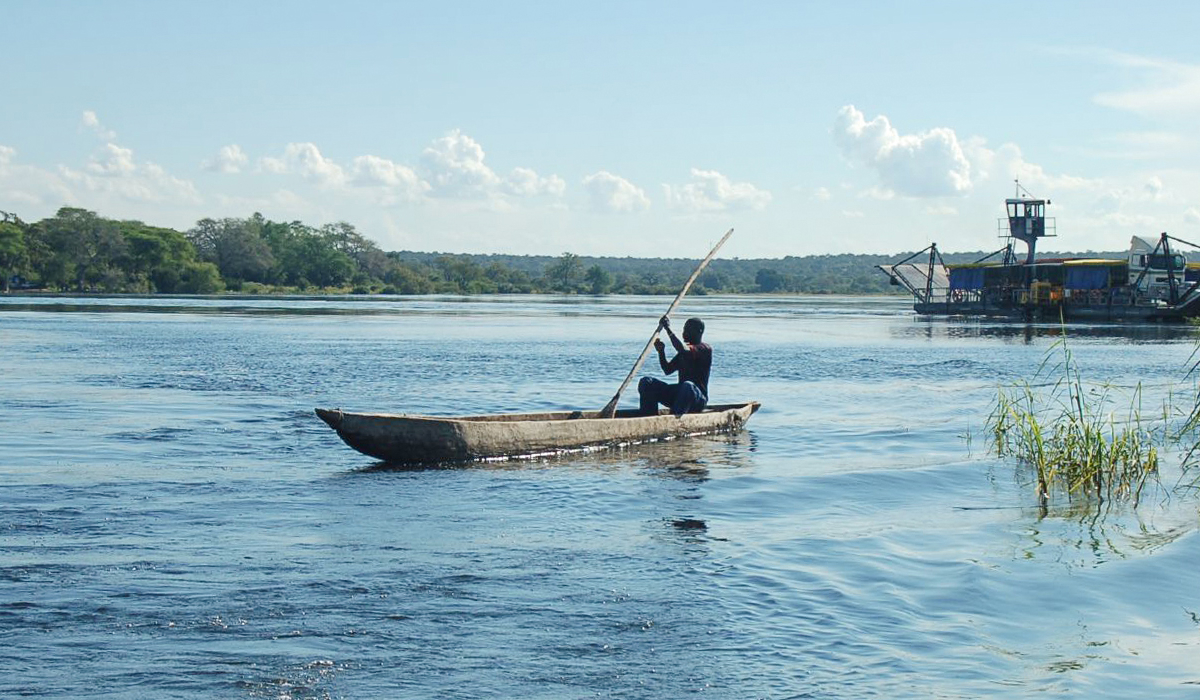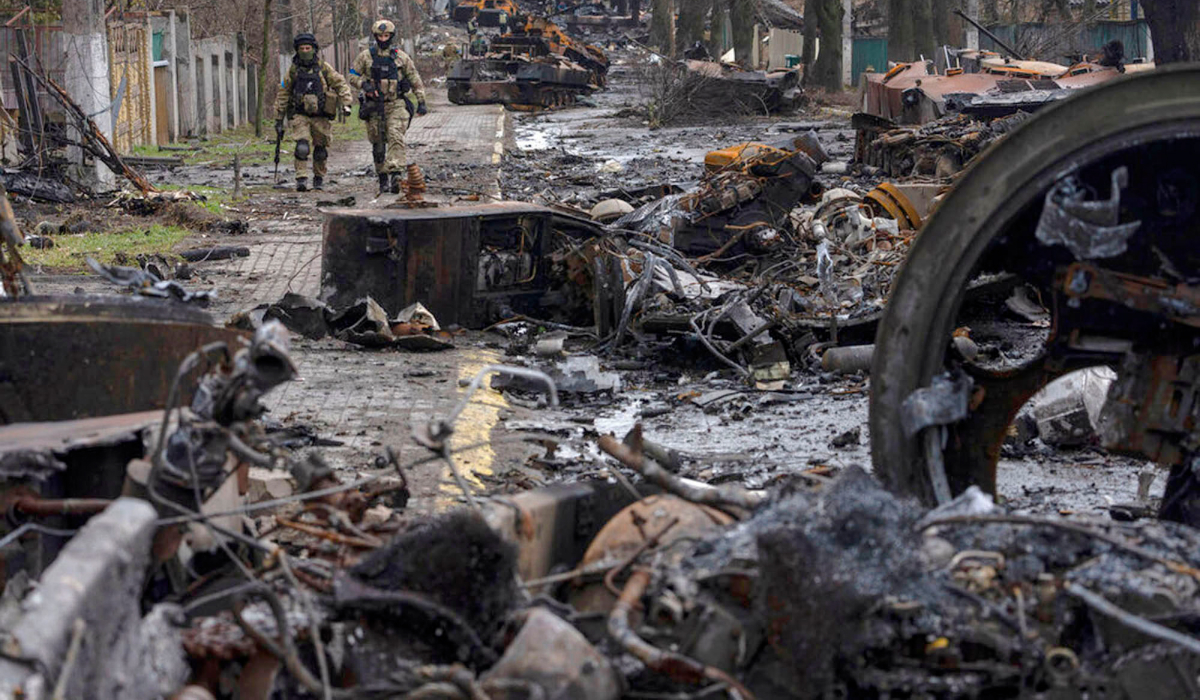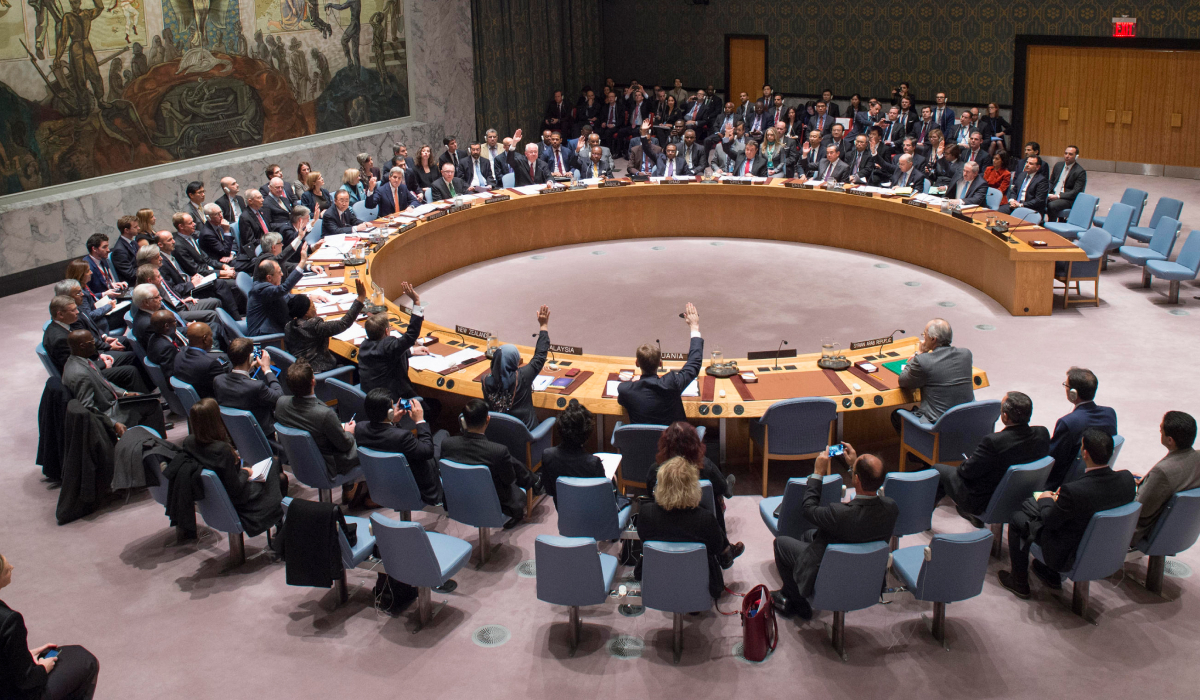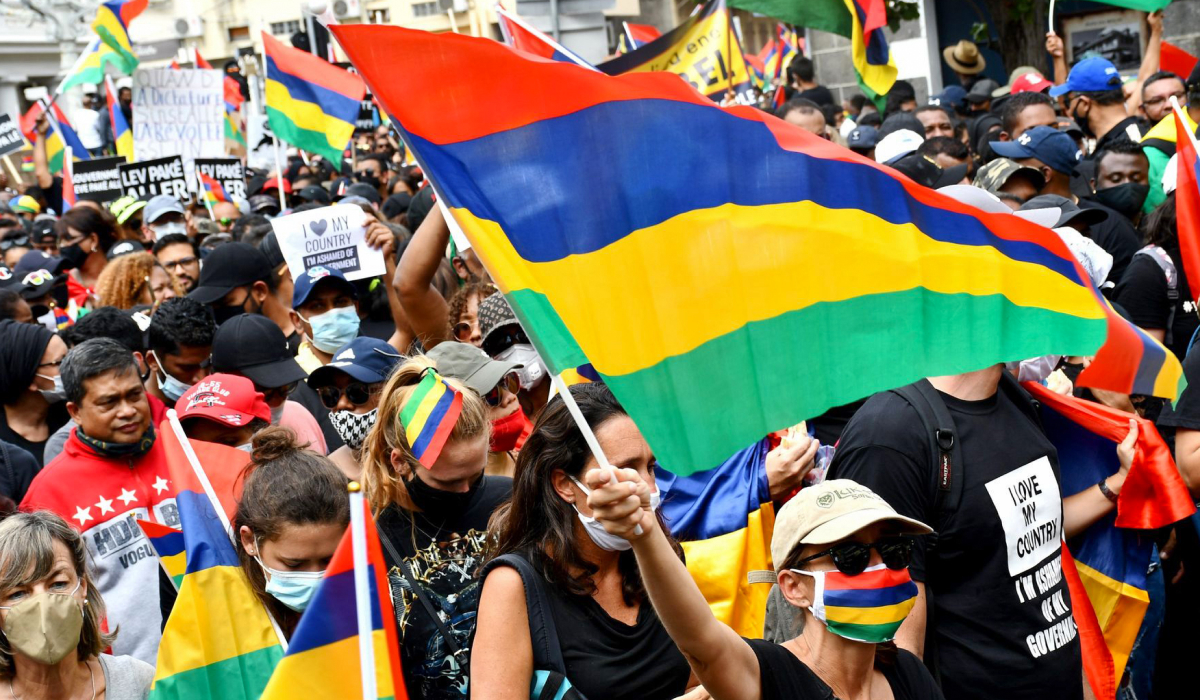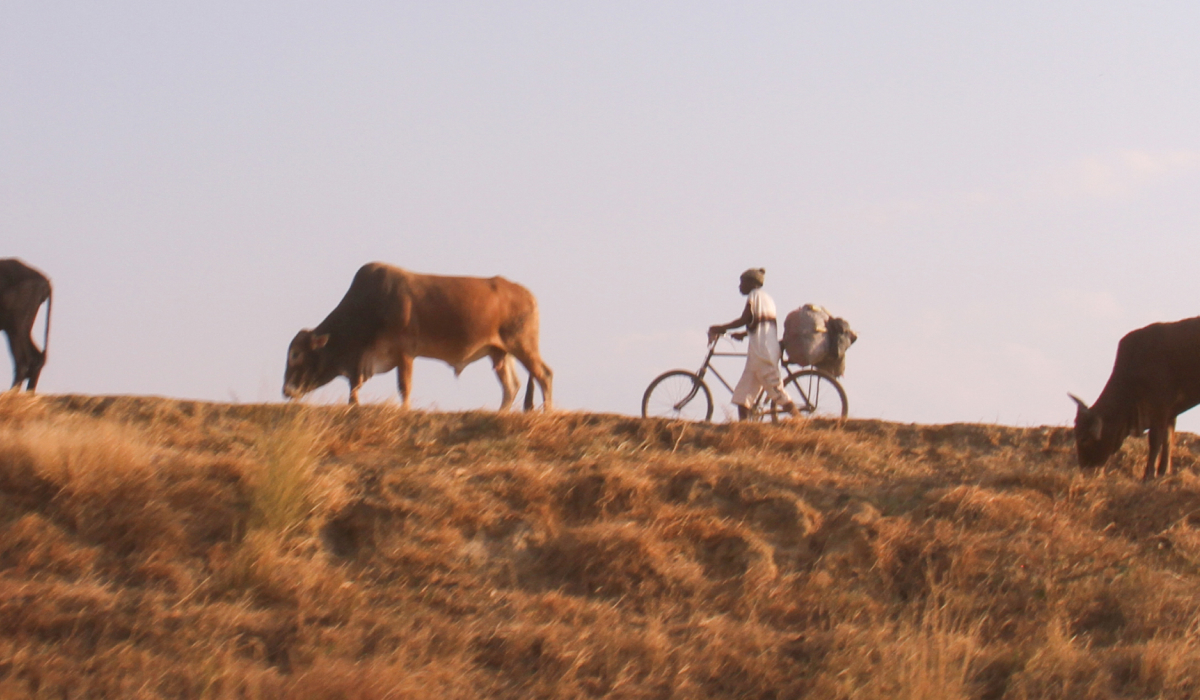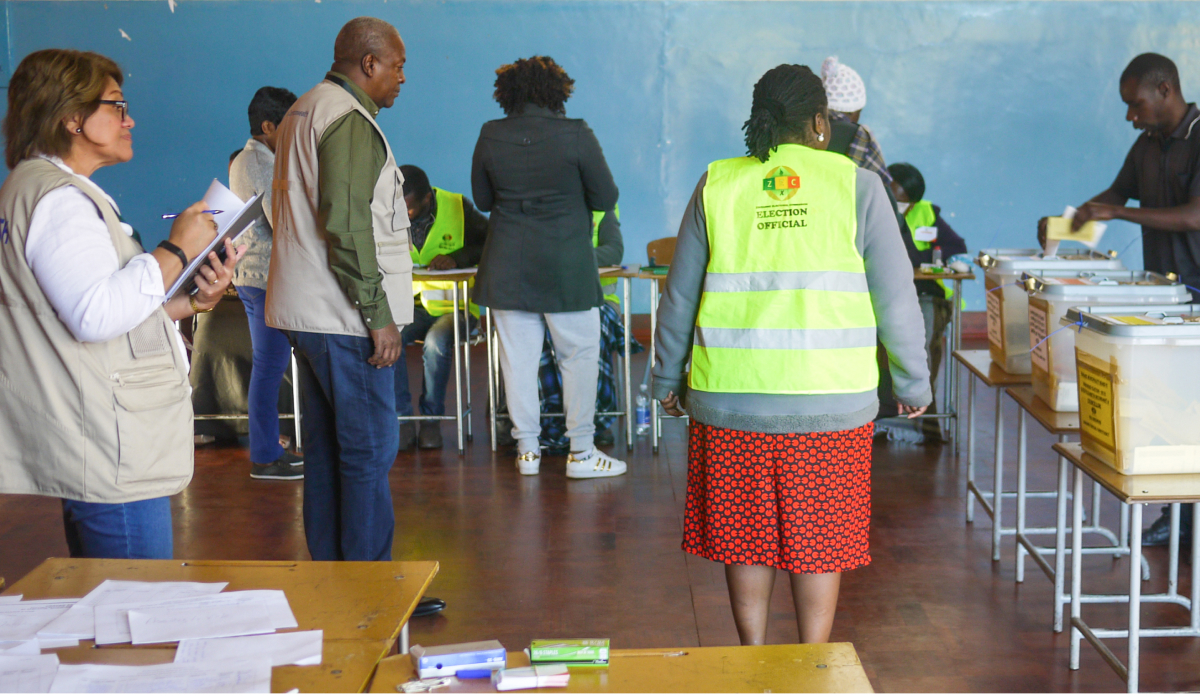For the July Edition of the Monitor we start with an article from Philani Mthembu about the recent peace mission undertaken by African leaders to Russia and Ukraine. He argues that the peace mission represents a change in Africa’s approach to the conflict in Europe, and that African leaders should also broaden the scope of their mission to include other parties involved in the conflict, such as the European Union. Our second article is by Niguse Mandefero Alene, Mohammed Seid Ali and Kebede Yimam Tadesse who write about the likelihood of a permanent seat for Africa on the United Nations Security Council. They argue that Africa has long called for reforms at both the permanent and non-permanent levels of the Security Council, but that Africa’s campaign faces both internal and external challenges.
We then head to Mauritius, where Gwinyayi Albert Dzinesa has written about Mauritius’ ability to sustain peace on the island. The article discusses the concerted efforts by Mauritius to implement policies aimed at establishing and sustaining positive peace and addressing the challenges that the country faces. Our fourth article is about climate, peace and security in Zambia. Cedric de Coning, Giulia Caroli, Gracsious Maviza, Joram Tarusarira and Leonardo Medina write about the potential negative effects of climate change on social cohesion in Zambia, and what can be done about it.
Finally, we end this month’s monitor with an article from Rumbidzaishe Matambo about Zimbabwe’s upcoming elections in August. She explains that Zimbabwe faces a number of challenges and disputes from the opposition in the run-up to the elections leading to a complex atmosphere in the country.

